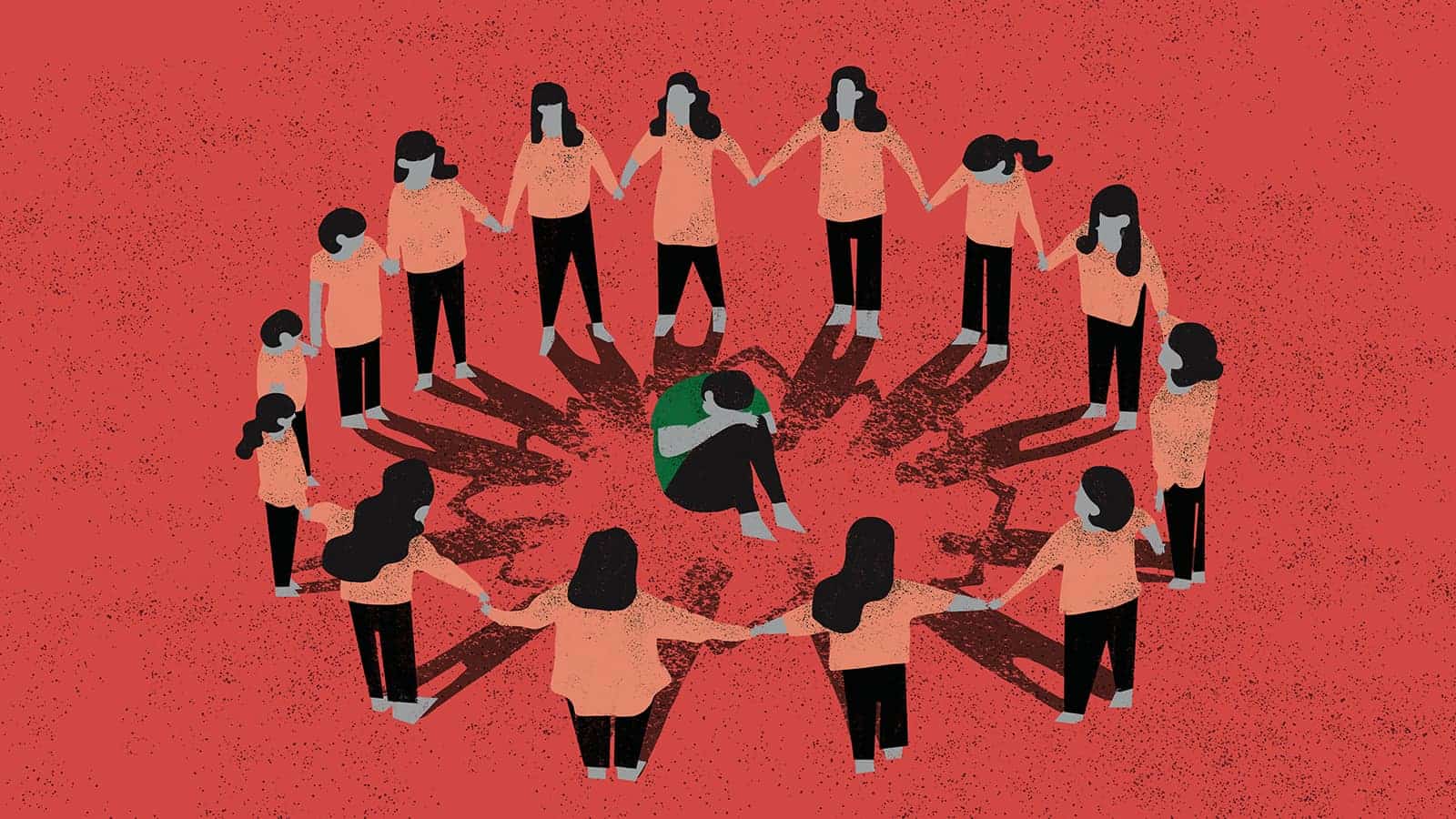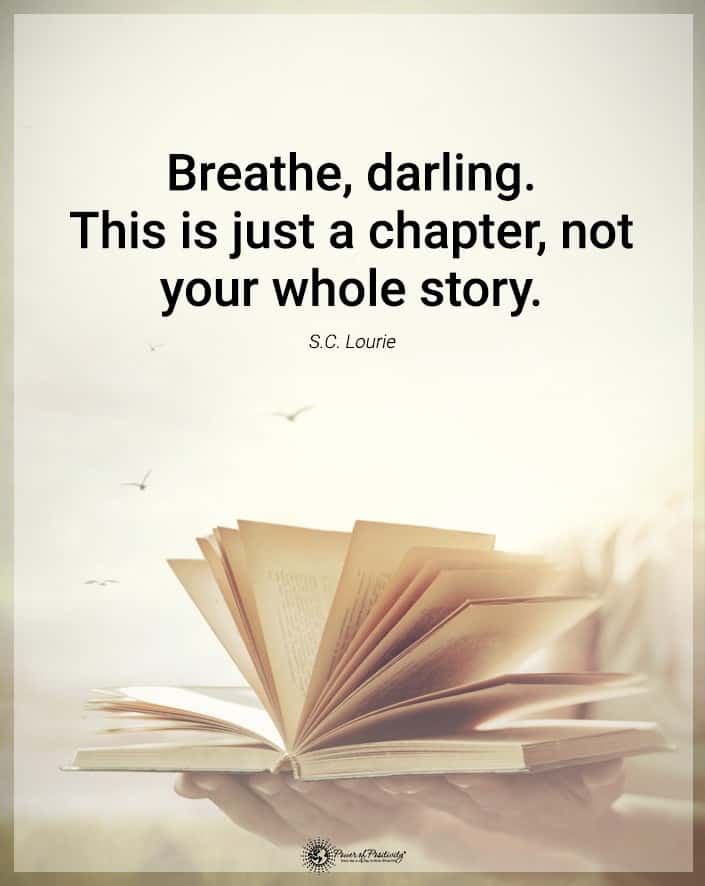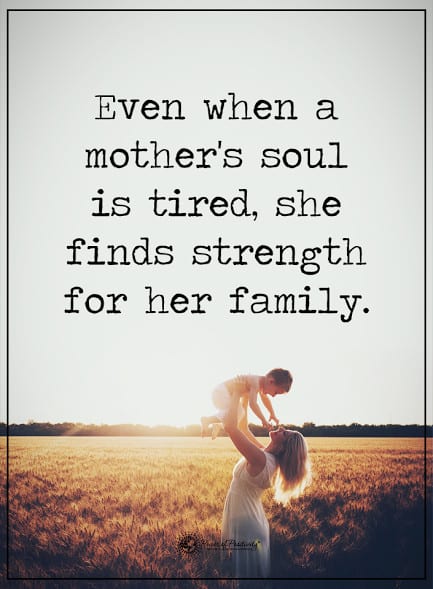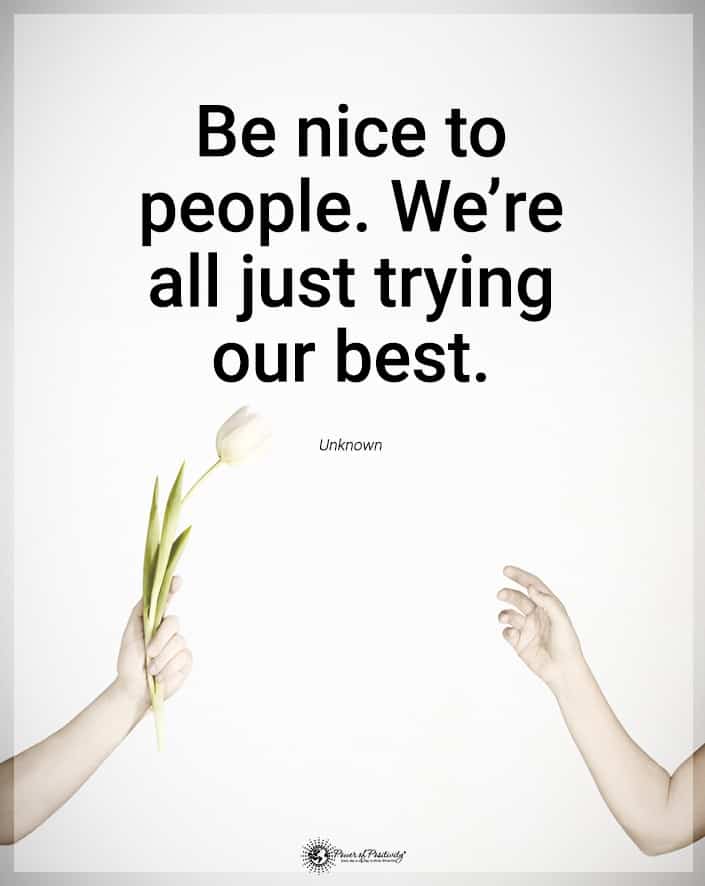It’s a sad fact that many people are bullied in their childhood. Worse still, there isn’t enough action taken to protect victims of bullying from the perpetrators in many cases. This lack of protection causes those victims to experience more pain than they should have ever been left to experience. That pain can follow them well into adulthood.
If you were bullied as a child, you might still be recovering from that trauma till today. It can feel like an impossible effort to try and fight those memories, but it can be done. Here are four practical ways to heal from bullying.
1. Acknowledge What Happened
It seems evident that if you know you need to heal from bullying, you’re therefore acknowledging the bullying you underwent in the past. But many people struggle to acknowledge the extent of that bullying fully, and without fully comprehending the scope of what you faced and endured, it’s not going to be possible to heal healthily.
Research shows that the most positive way to move on and grow from bullying is to accept it and recognize it realistically. Here are some ways that you might not be doing this and that you need to do to heal:
· Minimizing What Happened
As an adult, the bullying you may have experienced as a child may seem minimal, especially when you think about it through the lens of a grown-up. But what happened to you was real, and it was severe, and the perspective of your child self felt that bullying severely. If it felt horrible to you, it’s because it was awful, not because you exaggerated it or were overly sensitive, and that’s important to acknowledge.
· Blaming Yourself
Many victims of any abuse, including bullying, end up blaming themselves for what went wrong. You might believe that you could have handled it better. Perhaps you think you should have stood up for yourself or put up a fight. Or maybe you think you did something to incur the bullying. But that’s not true, and this is not one of the situations where there’s any responsibility you need to accept. The people who bullied you behaved cruelly, and there is no justification for that.
· Being Too Ashamed
When you feel ashamed of what happened to you, you may feel tempted to avoid thinking about it or addressing it at all. It can be tough to try and look at or focus on how you were bullied and the specific ways you were harmed, or what was done to you. But this shame will not benefit you, and there is nothing that you have to be ashamed of. The shame falls on the perpetrators for behaving so terribly, and pride falls on you for surviving.
· Dismissing What Happened
You’ve seen your bully grow up and become a better person, and maybe they’ve even directly apologized to you. So, you try to dismiss it and consider everything done and dusted. But that’s not how life works! Apologizing for something doesn’t reverse its effects. It is okay to still focus on healing after the issue is “technically” sorted out. Your pain is valid, and it’s not something a few apologies can undo.
2. Talk To Others
Many people try to heal from bullying alone, but not only is that often not possible, but it’s also often a bad idea in general. Isolating yourself is unlikely to have any positive effects, and research shows that it’s a worryingly common behavior by victims and survivors of bullying.
It would be best if you talked to the people around you to heal, so don’t let yourself fall into the trap of isolation. Here are some ways to talk to others to aid your recovery:
· Seek Supportive Circles
You are not alone in overcoming your trauma from bullying. Your friends, family, and loved ones can lend you a kind and welcoming ear and a shoulder to cry on, and there are also plenty of recovery support circles where you can share your experiences, help others, and be helped in turn. These positive circles will help to uplift you and remind you that you don’t have to do this momentous task of recovery by yourself.
· Get Trauma Counseling or Therapy
There is a lot of stigma around the concept of seeing a therapist, but there really shouldn’t be! There is no shame in needing professional help, as mental health is just as important as physical health and requires just as much care and expertise. When you’re trying to heal from bullying, a professional can guide you through the complexities of such an effort with a gentle, knowledgeable, and unbiased hand. If your bullying stems from childhood, studies indicate that you should seek a therapist specializing in that kind of trauma.
· Teach Your Children
You can’t change the past and what happened to you, but you can influence the future. If you have children or regularly look after kids, use your experiences to teach them about empathy, accountability, and compassion towards others. These lessons will prevent them from engaging in bullying behavior. You should also teach them what bullying is like and how to protect themselves or best react to it, allowing you to shield the next generation from the pain you faced. It can feel incredibly empowering to take that into your own hands!
3. Be Kind To Yourself As You Heal From Bullying
It’s impossible to heal from the trauma of any kind when you’re cruel to yourself. You need to support yourself through the process. If you treat yourself the way the bullies treated you, it’s pretty easy to see why you won’t be able to heal. Here are some tips for being kind to yourself:
· Remember Your Worth
People who face bullying often have their self-esteem sink due to the verbal and physical abuse they endured, say studies. When you get pushed around a lot, you might have started to believe the insults levied against you, or you might have even thought that you deserved to this poor treatment. But that’s not the truth, and your worth has never been defined by how others treated you or what they said. Remember that you are a valuable person. So think about your strength, the features of yourself that you like, and even what your loved ones like about you.
· Be Patient
Recovery is a long, arduous journey, and it’s not often linear. It can take years for you to heal from the trauma you have from bullying, which research very much validates. Maintaining positive thinking and being gentle and patient with your little steps in the right direction is endlessly important. You can’t rush recovery if you want it to be done right, and you have to expect that you’ll take a few steps back among your steps forward.
· Be Proud Of How Far You’ve Come
In your recovery process, you’ve taken many small steps in the right direction. No matter how small it seems or feels, every little win is something to be celebrated and appreciated. Be grateful and utilize positive thinking to pat yourself on the back from all the things you’ve achieved. Remember, there is no such thing as going “too slowly.” Your progress is impressive, no matter how small it seems to be!
4. Adopt A More Positive Mindset
A lot of people who faced bullying in childhood have their adulthood mindset entirely shaped by those experiences. You may get caught in your own mind or think in negative ways. As a result, your subconscious may cling to the lessons you learned for survival, even if they don’t serve you any longer.
It’s one of the most difficult steps of healing from bullying. But adopting positive thinking and learning to redirect your focus as needed is crucial to recovery. Here are some tips for adopting that mindset:
· Live In The Here And Now As You Heal From Bullying
Bullying can leave you stuck in the past as you reminisce and ruminate on what you went through. While it is important to learn from your past experiences, you also need to let that past go. Learn the necessary lessons, and then focus on living your daily life. Mindfully living each day one at a time and based on the many new things you’ve experienced in life is the key to experiencing a more positive mindset that facilitates recovery.
· Focus On Your Own Growth
It’s easy to rely so much on the opinions and thoughts of others when you have a history of bullying trauma. You’ve spent so long hearing bad people’s insults and feeling like you deserve the negative treatment you’ve received that you automatically desire the validation of others. Start changing your mindset to focus on what you want and what makes you happy. Create safe spaces for yourself. Perform activities and hobbies that you love. Think about what helps you and where you want to be. Move towards your goals. Your journey should be entirely about you, not about what others think of you.
· Release Negative Emotions
There are all sorts of feelings from your past that continue to control you till today. All of those pent-up feelings can poison your life, and all that repression will only make those feelings worse. It’s not possible to truly forget all your experiences. Nor is it a good idea to deny emotions or invalidate them. However, you do need to understand that the old pain you have must be released. It doesn’t serve you anymore and should no longer be controlling your life. Even if it feels familiar to you, it isn’t helping you. Let go of your guilt, anger, depression, anxiety, and negative feelings that are remnants of your bullying trauma.
Final Thoughts On Some Effective Ways To Heal From Bullying
Bullying is immature and hurtful behavior. Although it is a result of the pain of the bullier, its effects are undeniably severe on the victims of these actions. You are not responsible for what happened to you, and your bullies don’t deserve any of your shame or guilt. Knowing this as you work through acknowledging what happened, talking to others, practicing self-compassion, and using positive thinking will help you heal from the bullying you faced.

















 Community
Community

